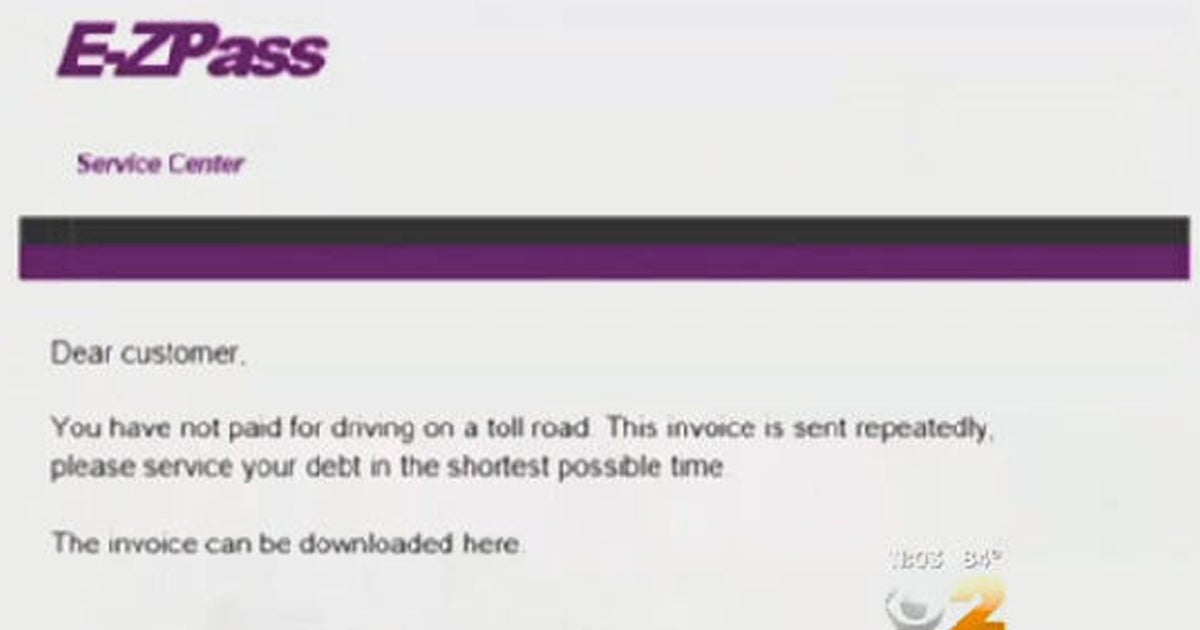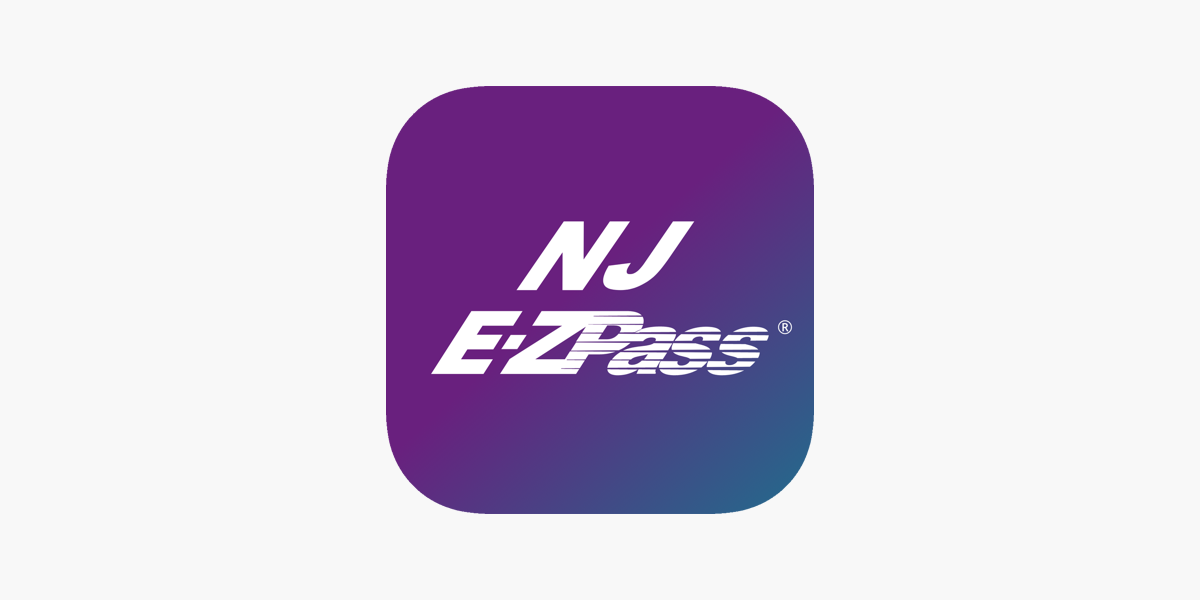Have you ever heard of the E-ZPass system? If you're a regular commuter, chances are you've come across this electronic toll collection system that's supposed to make your life easier. But what happens when convenience turns into chaos? Today, we're diving deep into the world of E-ZPass scams, uncovering the facts, and separating the myths from reality. Buckle up because this ride's gonna be wild!
Imagine this: you're cruising down the highway, enjoying the smooth flow of traffic, and suddenly you get a notification about an unexpected charge. Sound familiar? Yeah, it's a nightmare no one wants to deal with. But before we jump into the drama, let's break it down. The E-ZPass system has been around for years, designed to help drivers breeze through toll booths without breaking their stride. It's like having a VIP pass for the road, right? Well, not always.
As with any system, there are cracks in the armor, and scammers are more than happy to exploit them. The E-ZPass scam has become a hot topic in recent years, with drivers across the US reporting fraudulent charges, phantom tolls, and even identity theft. So, is the E-ZPass system really as secure as it claims to be? Let's find out.
Read also:Mannequin Head Hoodie The Fashion Statement Thats Taking The World By Storm
What Exactly is E-ZPass?
Before we dive into the shady world of scams, let's first understand what E-ZPass is all about. E-ZPass is an electronic toll collection system used primarily in the northeastern United States. It allows drivers to pay tolls automatically without stopping, thanks to a small transponder device attached to their vehicle's windshield. This system is supposed to save time, reduce congestion, and make life easier for commuters. At least, that's the theory.
Here's the deal: when you pass through a toll plaza, the transponder communicates with a reader, deducting the toll fee from your prepaid account. Sounds simple enough, right? In reality, it's a bit more complicated. There are numerous factors at play, from technical glitches to human error, that can lead to problems. And let's not forget the scammers lurking in the shadows, ready to take advantage of any vulnerability.
Is the E-ZPass System Vulnerable to Scams?
Now, here's the million-dollar question: is the E-ZPass system really as secure as it claims to be? The short answer is, well, kind of. While the system itself is relatively secure, there are still loopholes that scammers can exploit. For instance, if someone gets hold of your E-ZPass account information, they could potentially rack up charges without your knowledge. Creepy, right?
But it doesn't stop there. Some scammers have been known to create fake E-ZPass accounts, tricking unsuspecting drivers into paying for tolls they never even used. Others have gone so far as to clone transponders, allowing them to pass through toll booths without paying a dime. It's like a high-tech game of cat and mouse, and unfortunately, the drivers are often caught in the middle.
Common E-ZPass Scams to Watch Out For
So, what are the most common E-ZPass scams, and how can you protect yourself? Here's a quick rundown:
- Phantom Tolls: These are charges that appear on your account for tolls you never actually passed through. It could be due to a technical error or, worse, a scammer using your account information.
- Account Hacking: Scammers can hack into your E-ZPass account and make unauthorized transactions. This is especially concerning if you've linked your account to a credit card or bank account.
- Transponder Cloning: Some scammers have been known to clone transponders, allowing them to pass through toll booths without paying. If the cloned transponder matches your account, you could end up footing the bill.
- Phishing Scams: Be wary of emails or texts claiming to be from E-ZPass, asking you to update your account information. These could be phishing attempts designed to steal your personal data.
How to Protect Yourself from E-ZPass Scams
Now that we've covered the scary stuff, let's talk about how you can protect yourself from falling victim to an E-ZPass scam. Here are a few tips to keep your account secure:
Read also:Behind The Magic Exploring Tom Ackerleys Iconic Harry Potter Scene
First things first, always monitor your E-ZPass account regularly. Check for any suspicious activity, such as unexpected charges or unfamiliar transactions. If you notice anything out of the ordinary, report it to E-ZPass customer service immediately. Time is of the essence when it comes to fraud, so don't delay.
Another important step is to secure your personal information. Avoid sharing your E-ZPass account details with anyone, and make sure your passwords are strong and unique. It's also a good idea to enable two-factor authentication if the option is available. This adds an extra layer of security to your account, making it harder for scammers to gain access.
What to Do If You Fall Victim to an E-ZPass Scam
Unfortunately, even the most vigilant drivers can fall victim to an E-ZPass scam. If this happens to you, don't panic. Here's what you should do:
- Contact E-ZPass customer service right away. They can help you dispute the charges and freeze your account to prevent further unauthorized transactions.
- File a report with your local authorities. This is especially important if you suspect identity theft or account hacking.
- Monitor your credit report for any signs of fraudulent activity. You may want to consider placing a fraud alert on your account to protect yourself from future scams.
Understanding the E-ZPass System: How It Works
Let's take a closer look at how the E-ZPass system actually works. As I mentioned earlier, it uses a small transponder device that communicates with toll readers to deduct fees from your prepaid account. But there's more to it than just that.
For starters, the transponder must be properly installed and calibrated to work correctly. If it's not positioned correctly or obstructed by something, it may not be detected by the toll reader, leading to potential issues. Additionally, the system relies on a secure network to transmit data between the transponder and the toll plaza. If this network is compromised, it could leave your account vulnerable to attack.
Common Issues with E-ZPass and How to Fix Them
Even without the threat of scams, there are plenty of other issues that can arise with the E-ZPass system. Here are a few common problems and how to fix them:
- Transponder Not Detected: If your transponder isn't being detected, try repositioning it or clearing any obstructions. If that doesn't work, you may need to contact E-ZPass customer service for further assistance.
- Insufficient Balance: Make sure your account is topped up regularly to avoid any unpleasant surprises at the toll booth. You can set up automatic payments to ensure you never run out of funds.
- Toll Booth Issues: Sometimes, the problem isn't with your transponder but with the toll booth itself. If you encounter issues, try a different lane or report the problem to the authorities.
Customer Service: Your First Line of Defense
When it comes to E-ZPass scams, your first line of defense is the customer service team. They're there to help you resolve any issues you may encounter, from disputed charges to account hacking. But let's be real, dealing with customer service can sometimes feel like pulling teeth. That's why it's important to come prepared.
Before reaching out, gather all the necessary information, including your account details, transaction history, and any relevant correspondence. This will help the customer service representative assist you more effectively. And don't be afraid to escalate the issue if you're not getting the resolution you need. Persistence pays off, especially when it comes to protecting your hard-earned money.
Real-Life Examples of E-ZPass Scams
To give you a better understanding of the E-ZPass scam landscape, let's look at a few real-life examples:
Case 1: A driver in New Jersey reported receiving charges for tolls he never passed through. After investigating, it was discovered that someone had cloned his transponder and was using it to pass through toll booths across the state. The driver was eventually reimbursed, but not before spending weeks disputing the charges.
Case 2: A group of scammers in New York was caught creating fake E-ZPass accounts, tricking drivers into paying for tolls they never used. The scam netted them thousands of dollars before they were finally caught and prosecuted.
Lessons Learned from These Scams
So, what can we learn from these real-life examples? First and foremost, vigilance is key. Always monitor your E-ZPass account for any suspicious activity and report it immediately. Second, don't assume that the system is foolproof. Even the most advanced technology can have vulnerabilities, so it's up to you to stay informed and take steps to protect yourself.
Conclusion: Stay Safe and Stay Informed
And there you have it, folks. The world of E-ZPass scams is a wild ride, but with the right knowledge and precautions, you can navigate it safely. Remember to monitor your account regularly, secure your personal information, and don't hesitate to reach out to customer service if you encounter any issues. And most importantly, stay informed. Knowledge is power, especially when it comes to protecting yourself from fraud.
So, what do you think? Have you ever fallen victim to an E-ZPass scam, or do you have any tips for staying safe? Let us know in the comments below, and don't forget to share this article with your fellow drivers. Together, we can make the roads a safer place for everyone!
Table of Contents
- What Exactly is E-ZPass?
- Is the E-ZPass System Vulnerable to Scams?
- Common E-ZPass Scams to Watch Out For
- How to Protect Yourself from E-ZPass Scams
- What to Do If You Fall Victim to an E-ZPass Scam
- Understanding the E-ZPass System: How It Works
- Common Issues with E-ZPass and How to Fix Them
- Customer Service: Your First Line of Defense
- Real-Life Examples of E-ZPass Scams
- Conclusion: Stay Safe and Stay Informed


